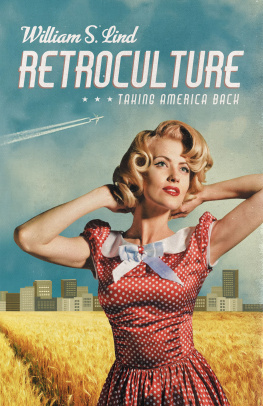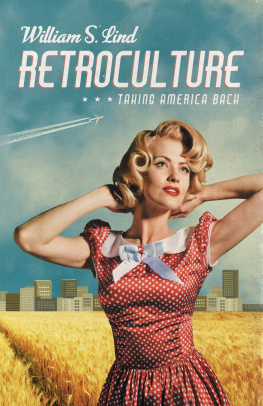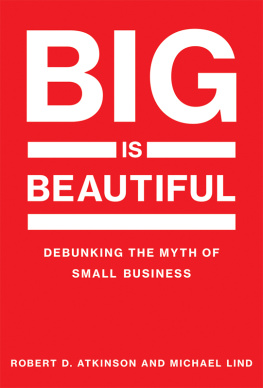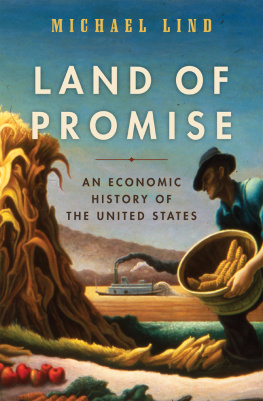
Arktos
London 2019

Copyright 2019 by Arktos Media Ltd.
All rights reserved. No part of this book may be reproduced or utilised in any form or by any means (whether electronic or mechanical), including photocopying, recording or by any information storage and retrieval system, without permission in writing from the publisher.
Arktos.com | Facebook | Twitter | Instagram | Gab.ai | Minds.com | YouTube
ISBN
978-1-912975-30-3 (Softcover)
978-1-912975-31-0 (Ebook)
Editing
Martin Locker and Charles Lyons
Layout
Tor Westman
Cover
Andreas Nilsson
Foreword
Whats gone is gone. You have to keep moving forward. Theres no turning back. You cant stand in the way of progress. You cant live in the past.
Everyone has heard these sayings and a hundred others like them. But recently, the tone of voice people use when they say them has begun to change. They used to say them calmly, matter-of-factly, perhaps with a slight chuckle, the way you would tell a child that he really cant fly like Peter Pan. Now, the tone of voice is defensive, insistent, like a person who is trying to keep someone else from blurting out an awful secret.
We are told we must not doubt progress. Still, the growing number of people who are comparing the last few decades to what came before cant help suspecting that somehow, life was better then. We catch glimpses of how it used to be: an old song from the fifties or the thirties on the radio; a black and white photo of a big city street in years past, without potholes or garbage or slums; a beautiful dress from someones attic; a suburb where the trolley line used to run, with big trees and sidewalks and front porches and people outside talking to their neighbors.
People are noticing these things, and wondering. But we still get the feeling we shouldnt talk about them. If we do, were told, more harshly, that doubting progress is bad . You must keep moving forward. You have to keep trying things that havent been done before. Terrible things will happen if instead you try to do what people did in your grandparents day. You dont want to give up modern medicine, do you? You dont want to go back to Jim Crow racial prejudice, do you? Do you want children working twelve hours a day in dark factories?
The answer is, of course not. But were still not sure how most of what our grandparents did made the world so terrible. We dont remember them being against good health. We never noticed that they went out of their way to be mean to people. In fact, we thought they were pretty nice. And some things are better now. Most people live longer, and some groups of people have more freedom. Thats all good.
So, what is it that attracts us when we catch a glimpse of how people used to live? Its summed up in a word that didnt even exist fifty years ago. That word is lifestyle .
We get the feeling we have forgotten a lot about how to live. We have home entertainment centers, but our grandparents seemed to find life more interesting. We can get anywhere fast on jumbo jets, but they got to see more from the window of the train. We have email and texting, but people in the old movies talk so elegantly, and we can still enjoy reading the beautifully written letters grandmother saved, letters written by ordinary people. We may have more leisure time, but they seemed less rushed, less pressured, less under stress.
And amazingly, those older lifestyles often had a lot less impact on the environment. People knew less about the dangers of chemicals and plastics and poisons, but they used a lot less of those things toosometimes none at all. They didnt need as much energy as we do. They didnt consume as muchor waste as much. They knew how to reuse many things long before the word recycling was ever heard.
When all is said and done, we seem to have lost a lot that was really worthwhile in the last five decades or so. Its not surprising that we yearn to have some of it back again. Nor is it wrong. We know, when we think about it, that it should be possible to recapture the good things people used to dowithout giving up modern medicine or sending kids to work in sweatshops.
Much of what we used to have is still around, in bits and pieces here and there. We come across it every day: comfortable, well-built old houses, nice old ways of dressing and talking, old courtesies we find refreshing. Why cant we gather these things up and rebuild the best of what used to be? Why cant we restore old lifestyles the same way people are restoring gracious old houses?
The answer is, we can. And when we look around, we begin to see that a growing number of people are doing it.
John J. Patrick
Chapter I
Signs of Change
Very often, the most obvious things are the hardest to see.
At the end of a long, dreary, dismal winter, we are all eager for spring. Then, sometime around March or early April a new day dawns, with a fresh smell in the air, a new warmth, and a powerful sense of quickening life. Its spring, and no one can mistake it.
But long before the first real day of spring, signs of the change in seasons are showing. The first green shoots pop up under the snow. Branches of forsythia take on a hint of color. Country people see these signs, but most of us miss them. Laden down with our daily cares and burdens, we do not notice spring is coming until, suddenly and gloriously, it is upon us.
So it is also with greater changes. Here and there, signs pointing to something new spring up independently. Most of us do not notice them. We do not connect the dots to see the outline of the future they portend.
Such signs are now appearing, in places like Medina, Ohio. Like many other small towns in the mid-west, Medina was mostly built in the late-19th century and the first years of the 20th. Its Victorian buildings were grouped around a central square of trees and green lawn, along with a statue or two and a small fountain. Over the years, some of the buildings had become run down. Others had been modernized with metal and plastic facades and signs. A few had been torn down; one corner of the square faced a modern gas station. To most peoples eye, the town had nothing special to distinguish it.
But as early as 1967, some Medina citizens began looking at their town through a different eye. They saw it as it once had been, in, say, 1910. They imagined what it might have been like to go to an ice cream social on the square in that year. The buildings were new, clean, and handsome. They reflected the elegant style of the Victorians in their arched windows, elaborate cornices and mansard roofs. They realized that once upon a time, Medina had been a beautiful town. They knew it could be so again.
So the people of Medina turned back the clock. They formed a citizens group called the Community Design Committee and set out to return Medina to its turn of the century appearance. They fixed up the buildings that had become run down, restoring them, not modernizing them. They stripped the ugly modern facades and signs off the old buildings that had acquired them. They tore down the gas station, and in its place built a Victorian bank so well designed that an observer has no clue that it was built in the 1980s, not the 1880s. They engaged Amish carpenters to build a Victorian bandstand on the square.
If you visit Medina on a Friday evening in the summertime, you will usually find a band playing in the bandstand. Around it are gathered Medinas citizens, listening to turn of the century tunes and enjoying an ice cream social.
Next page










